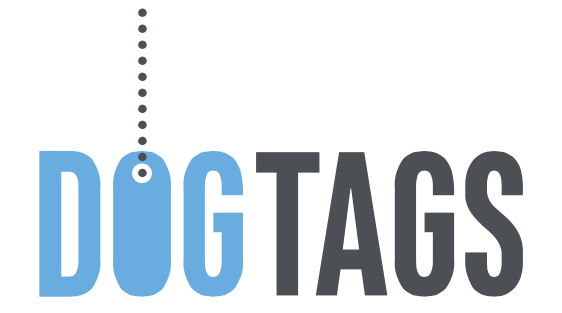Dogs are wonderful creatures and they bring so much love and joy to our lives. So many dogs have amazing personalities, but without proper training, many dogs can develop unwelcome behaviours. These behaviours can be frustrating for you and for your dog but don't worry - it is never too late to start training. Even while it is harder to train an older dog, it can be done. It was often thought that anyone could train dogs without professional help. Some still believe this is the case, however dog owners are increasingly seeking out the guidance of a professional to help with their fur babies and point them back in the right direction with life changing results.
Training methods have evolved dramatically in the many years I have been training dogs which has been much for the greater good. Punishment based dog trainers, that use negative reinforcement have seen their careers threatened by ever growing numbers of positive reinforcement dog trainers. Here at Dog Tags we have a vast wealth of knowledge and experience from many different walks of the dog training life but always use positive methods where we can.
When hiring Dog Tags Training you will find that a small investment is money well spent as the results for your family and dog will be returned in terms of a happy house and family. We usually start our training courses with a introductory session we call 'the K9 Knowledge'. Why not just get on with teaching the dog? Because the positive training school of thought believes that every dog owner should be given a good canine education in order to build a better relationship with their dog and get the most from their training. Having understanding of your dog can reverse or prevent behaviour issues like biting, pulling while walking, unwanted barking and even, not going to the toilet in the right place and save you time and money spent on traditional training. Luckily for our clients we've found a way to make this learning process easy and fun!




